Why nobody wants to host the Oscars
How the glitziest gig in Hollywood became a poisoned chalice
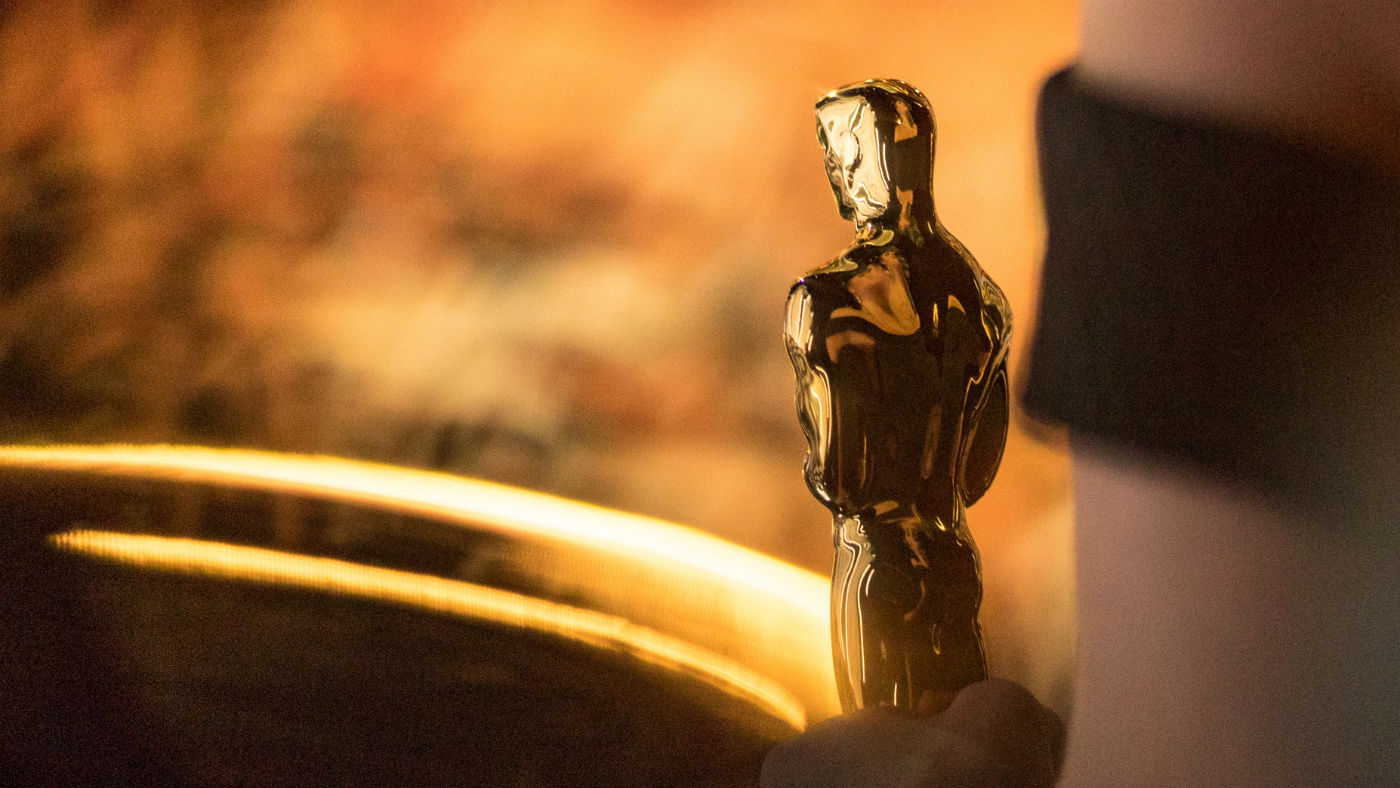
A free daily email with the biggest news stories of the day – and the best features from TheWeek.com
You are now subscribed
Your newsletter sign-up was successful
The Academy of Motion Picture Arts and Sciences has announced that this year’s Oscars ceremony will go ahead without a host for the first time in 30 years.
The 2019 show will feature an array of celebrity presenters for individual awards, but no overall master of ceremonies, the academy has confirmed.
Organisers had reportedly struggled to replace stand-up Kevin Hart, who pulled out of the gig after a public backlash over old tweets in which he used homophobic slurs.
The Week
Escape your echo chamber. Get the facts behind the news, plus analysis from multiple perspectives.

Sign up for The Week's Free Newsletters
From our morning news briefing to a weekly Good News Newsletter, get the best of The Week delivered directly to your inbox.
From our morning news briefing to a weekly Good News Newsletter, get the best of The Week delivered directly to your inbox.
The Oscar hosting gig is undoubtedly “one of the toughest in US show business”, says the BBC, requiring quick wits, impeccable comic delivery and the stamina to cope with intensive rehearsals for the hours-long extravaganza as well as the live broadcast itself.
However, it was also once one of the most prestigious, attracting comedic talents such as Billy Crystal, Steve Martin and Chris Rock at the height of their fame. So what’s changed?
The rot appears to have set in around 2004, says The Hollywood Reporter. Since then, only five hosts have returned for another turn in the hot-seat - a far cry from the days when “Johnny Carson hosted five times, Crystal nine and Bob Hope a swoon-inducing 19”.
Several high-profile flops have turned the gig into something of a poisoned chalice in the eyes of many performers.
A free daily email with the biggest news stories of the day – and the best features from TheWeek.com
Critics slammed the mismatched pairing of James Franco and Anne Hathaway at the 2011 ceremony, while Seth Macfarlane’s tawdry gags at the expense of female stars caught flack in 2013.
“I’m trying to think of the last time that I read a review of the Oscars the next day where everyone is raving about it,” Macfarlane reflected in a recent interview with Entertainment Weekly. “It’s been a long time.”
But, perhaps just as importantly, a stunning decline in viewership means that the rewards of hosting are simply no longer sufficient to balance out the blood, sweat and tears.
Last year’s ceremony attracted a US audience of 26.5 million, compared to the 43.7 million who tuned in as recently as 2014.
Combined with the relatively paltry fee on offer - Jimmy Kimmel claimed he was paid $15,000 (£11,570) to host the 2017 show - it makes sense that Hollywood A-listers are no longer queueing up for a chance at the gig.
This year will be only the sixth time the Oscars ceremony has gone ahead without an MC in its 90-year history. The most recent instance occurred at the 1989 ceremony, which The Atlantic terms a “legendary fiasco”.
The lack of an MC is not the only hosting controversy at this year’s Academy Awards.
Left without a big-name host, producers “are instead looking to recruit the biggest celebrities possible to dole out specific accolades”, says The Atlantic, spelling the end of a long-standing tradition whereby acting awards are handed out by the previous year’s winners.
In a now-deleted comment on Instagram, Allison Janney - who won a best supporting actress gong last year for her turn in I, Tonya - said the Academy’s decision “breaks [her] heart”.
“If the rumour is true, this would be just one of several unpopular decisions the Academy has made (and backtracked on) in pursuit of (much-needed) higher ratings,” says Vanity Fair.
Last year, organisers announced plans to create a new award for ‘best popular film’, prompting fierce blowback as critics denounced the move as pandering and incompatible with the Oscars’ status as a celebration of artistic merit. The plans were quickly cancelled.
-
 The week’s best photos
The week’s best photosIn Pictures An explosive meal, a carnival of joy, and more
-
 The ‘ravenous’ demand for Cornish minerals
The ‘ravenous’ demand for Cornish mineralsUnder the Radar Growing need for critical minerals to power tech has intensified ‘appetite’ for lithium, which could be a ‘huge boon’ for local economy
-
 Why are election experts taking Trump’s midterm threats seriously?
Why are election experts taking Trump’s midterm threats seriously?IN THE SPOTLIGHT As the president muses about polling place deployments and a centralized electoral system aimed at one-party control, lawmakers are taking this administration at its word
-
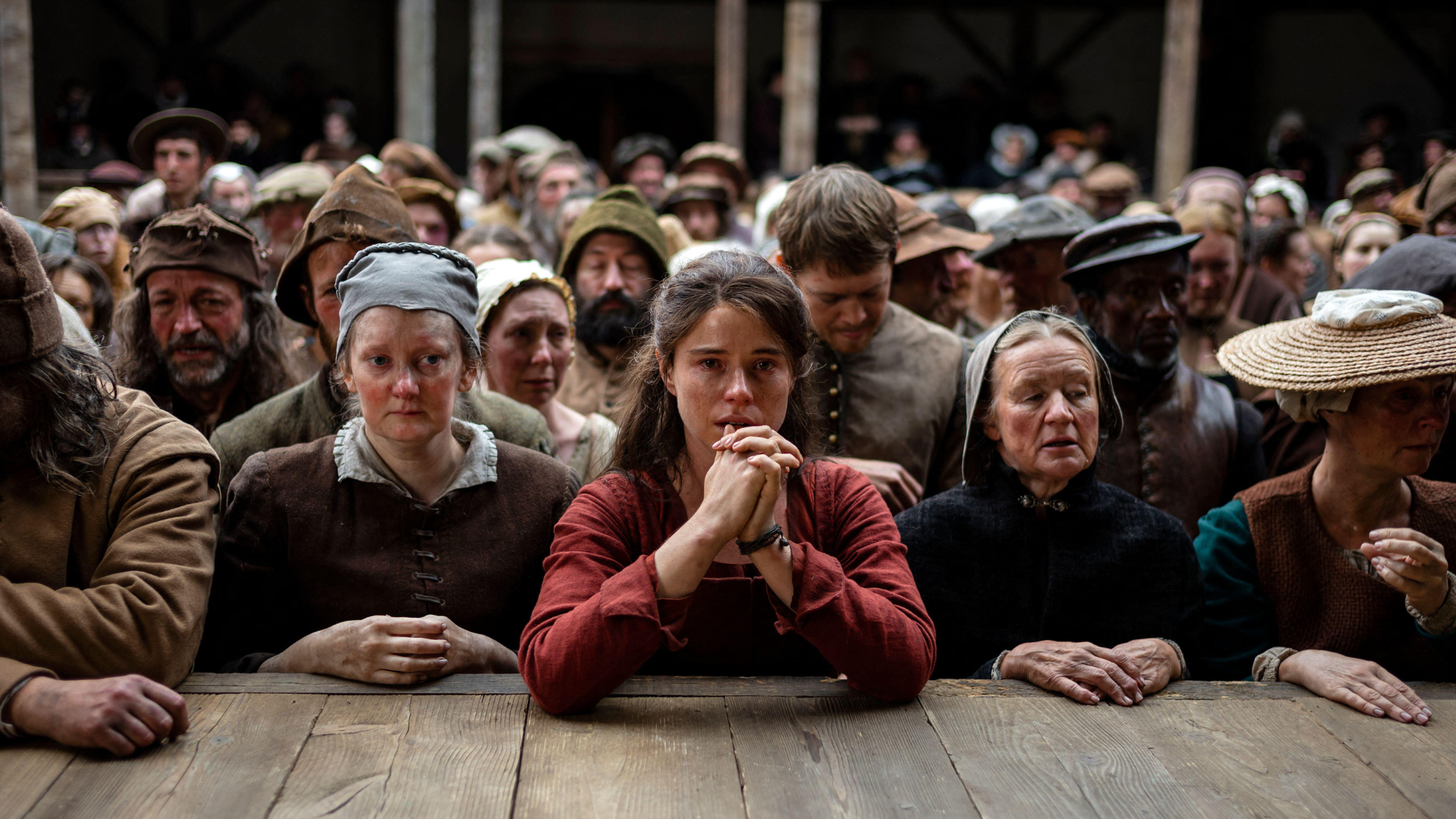 Hamnet: a ‘slick weepie’ released in time for Oscar glory?
Hamnet: a ‘slick weepie’ released in time for Oscar glory?Talking Point Heartbreaking adaptation of Maggie O’Farrell’s bestselling novel has a ‘strangely smooth’ surface
-
 The ultimate films of 2025 by genre
The ultimate films of 2025 by genreThe Week Recommends From comedies to thrillers, documentaries to animations, 2025 featured some unforgettable film moments
-
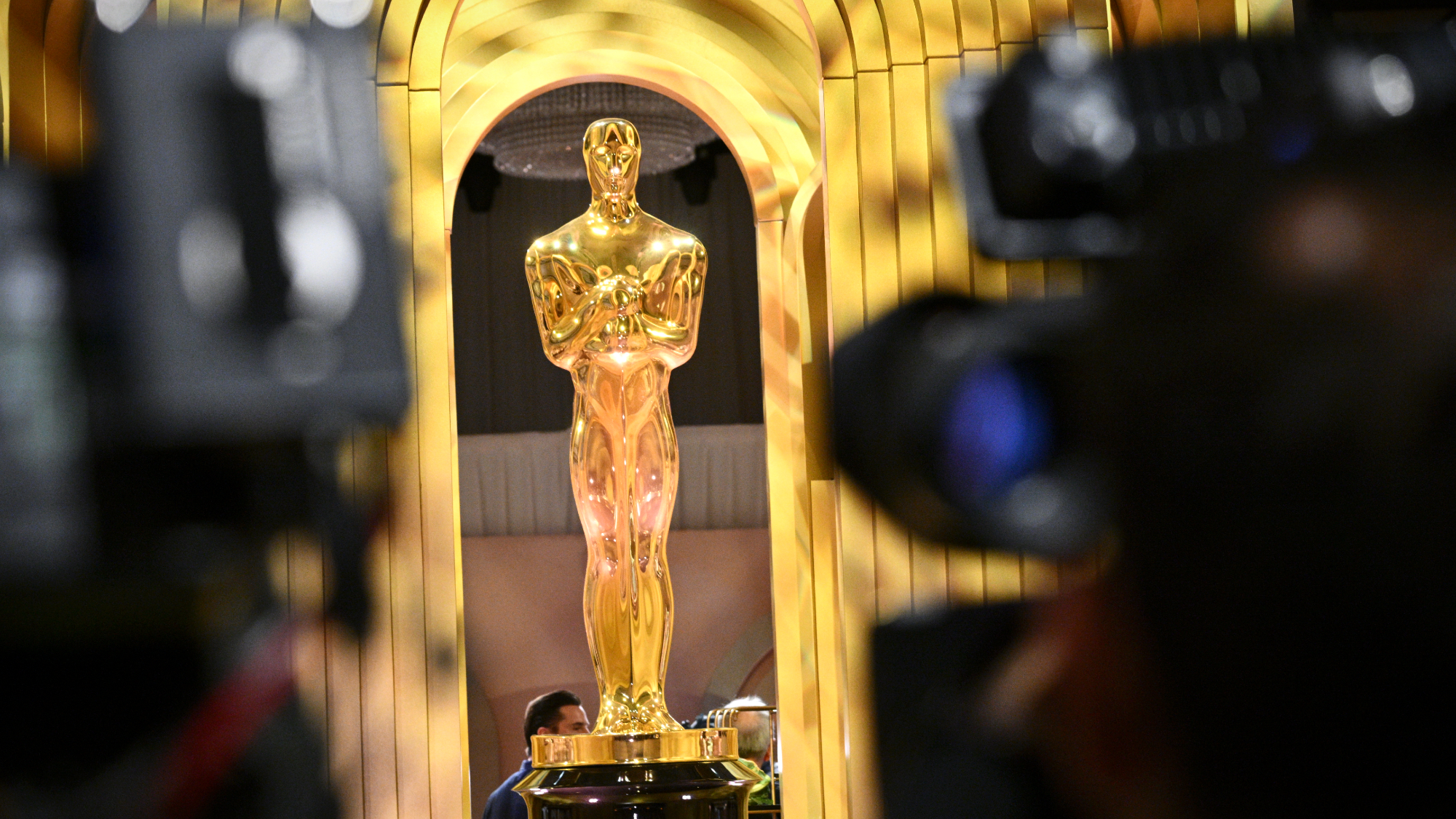 Oscars jump to YouTube after decades at ABC
Oscars jump to YouTube after decades at ABCSpeed Read The awards show will be broadcast worldwide on YouTube starting in 2029
-
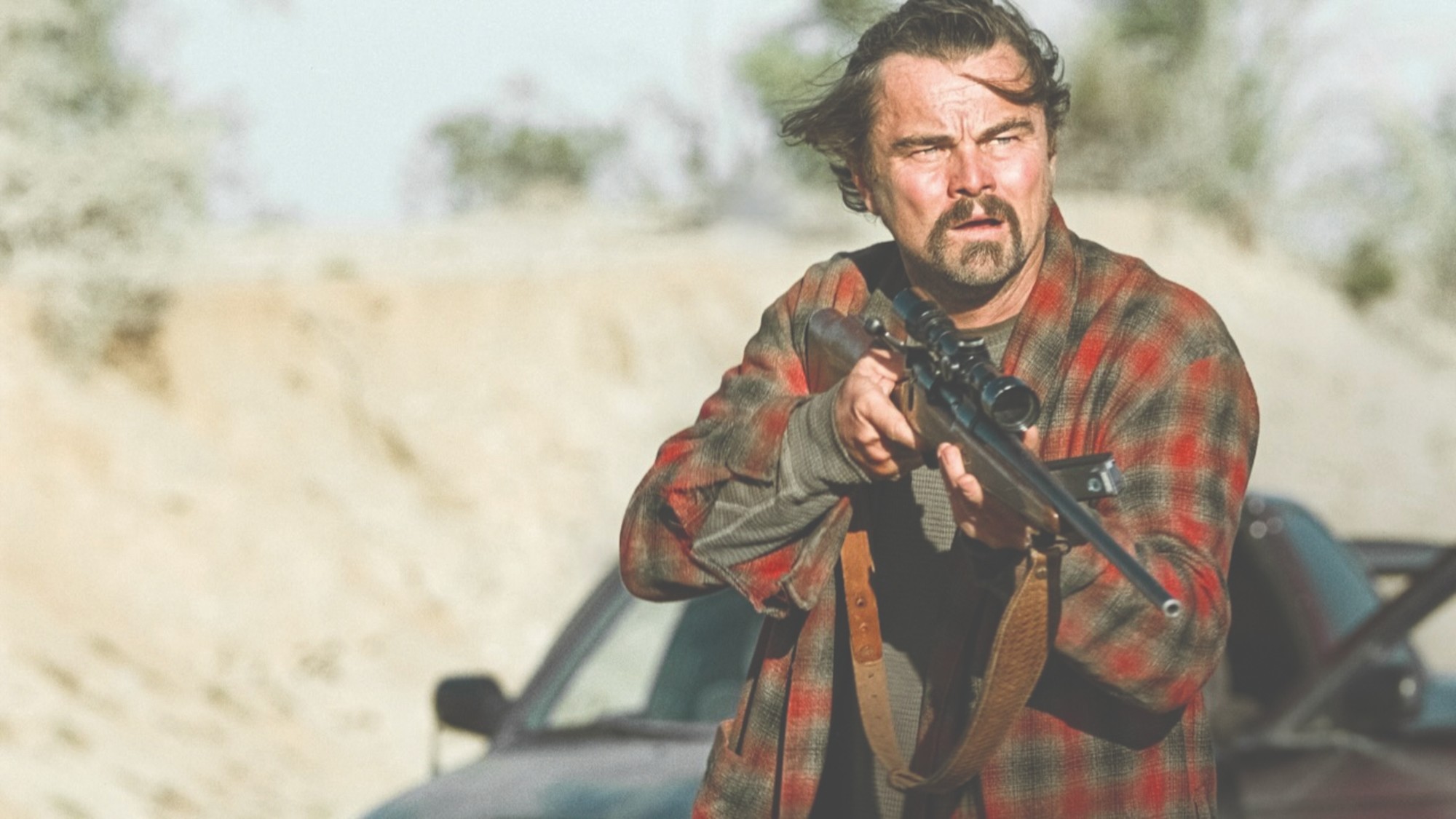 One Battle After Another: a ‘terrifically entertaining’ watch
One Battle After Another: a ‘terrifically entertaining’ watchThe Week Recommends Paul Thomas Anderson’s latest release is a ‘high-octane action thriller’ and a ‘surefire Oscar frontrunner’
-
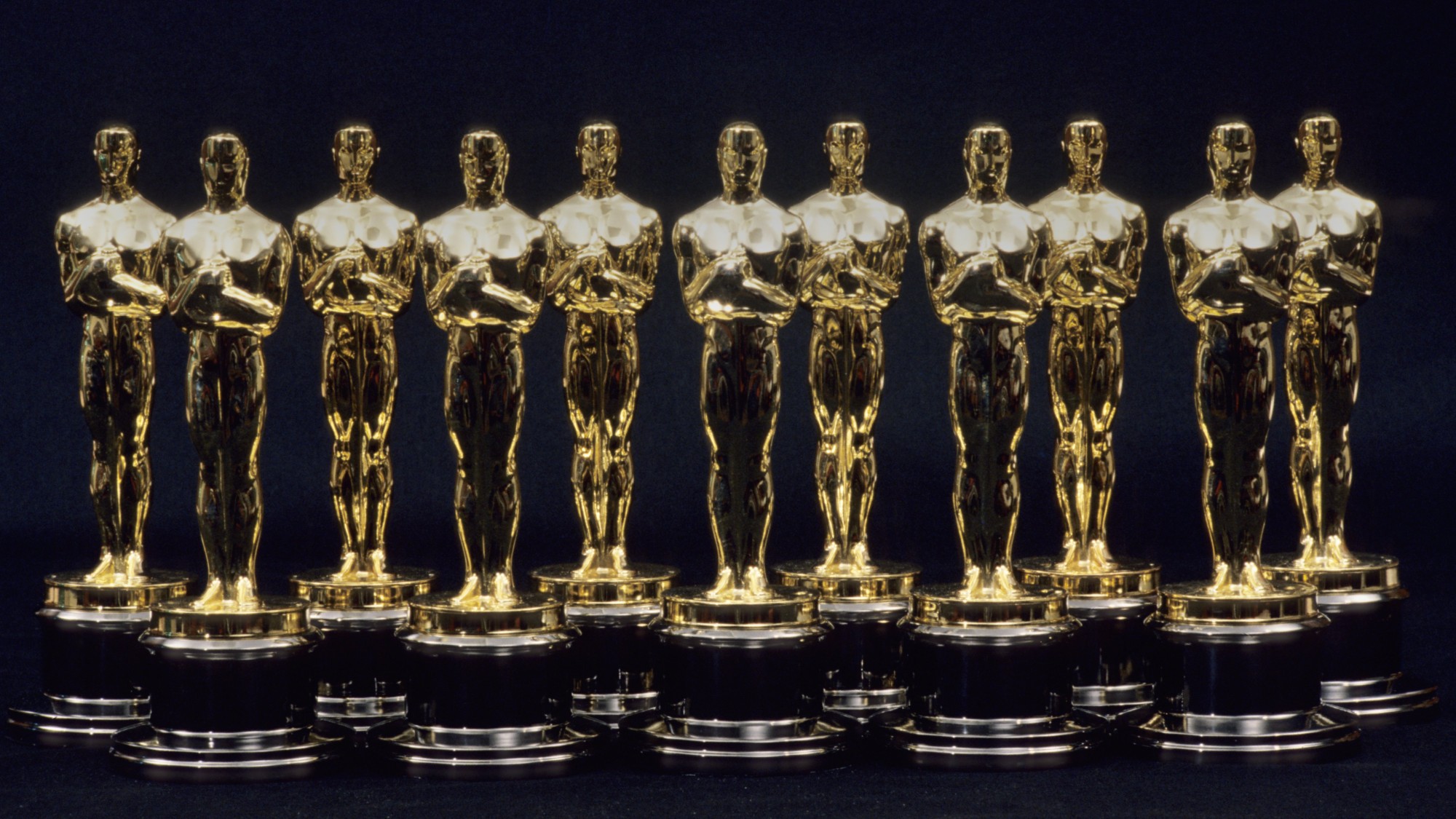 And the Oscar goes to … no one in particular: Movies made with AI can now win awards
And the Oscar goes to … no one in particular: Movies made with AI can now win awardsUnder the radar Generative AI is no longer a barrier to acclaim
-
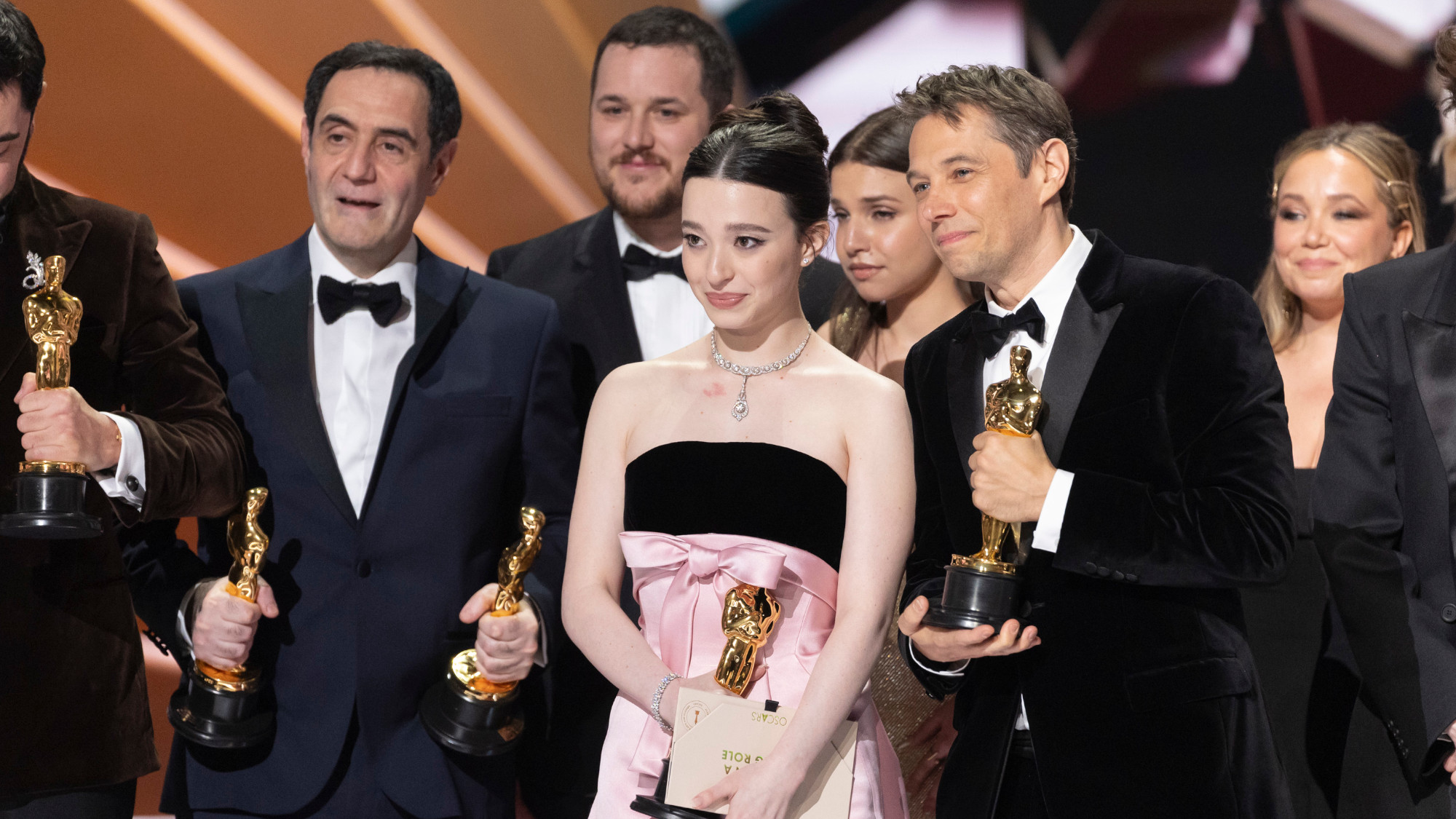 Oscars 2025: Anora’s Cinderella triumph
Oscars 2025: Anora’s Cinderella triumphFeature The film about a stripper who elopes with the son of a Russian oligarch takes home four Oscars
-
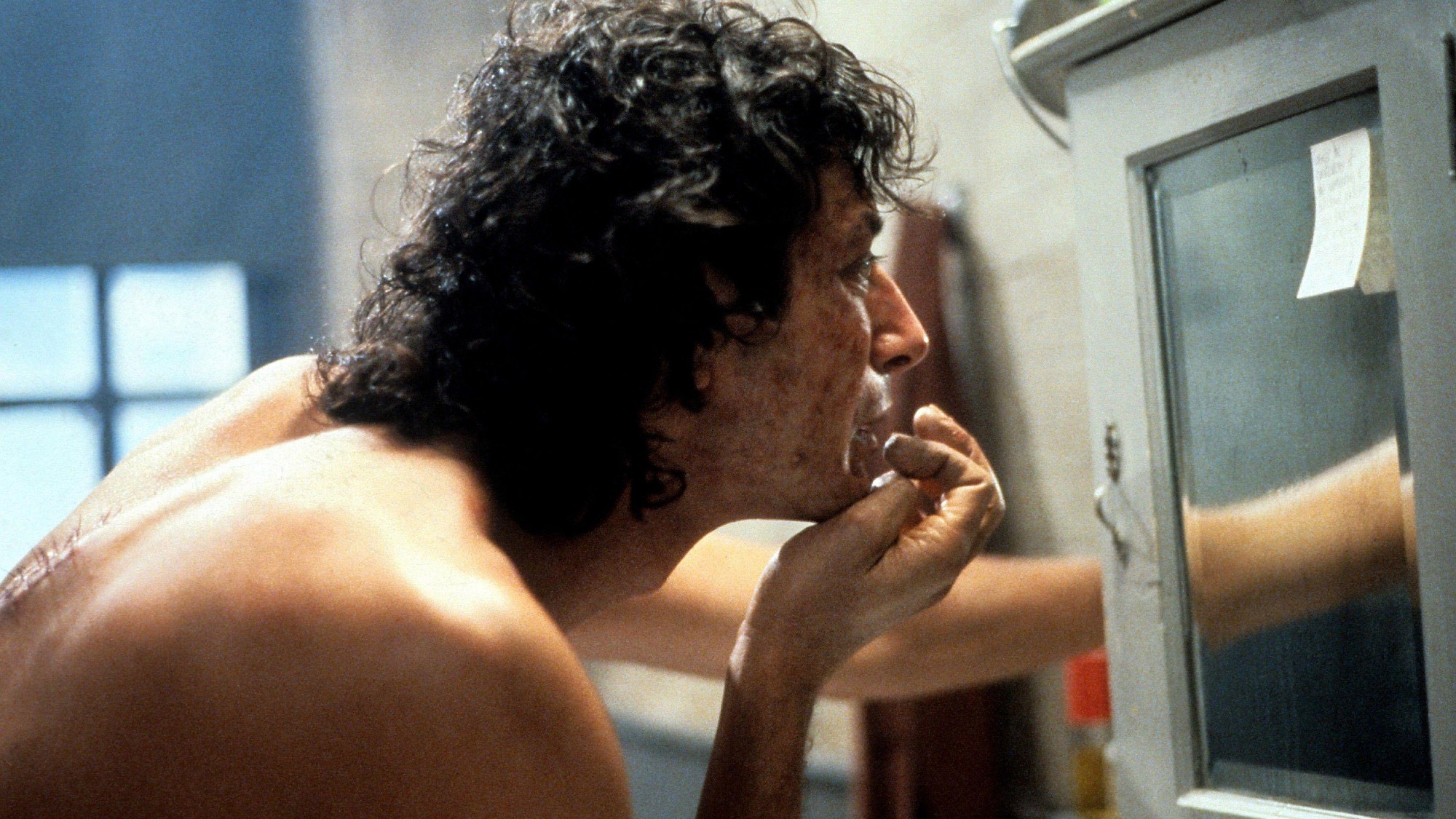 The best body horror movies of the last half-century
The best body horror movies of the last half-centuryThe Week Recommends If 'The Substance' piqued your interest, these other films will likely be your speed
-
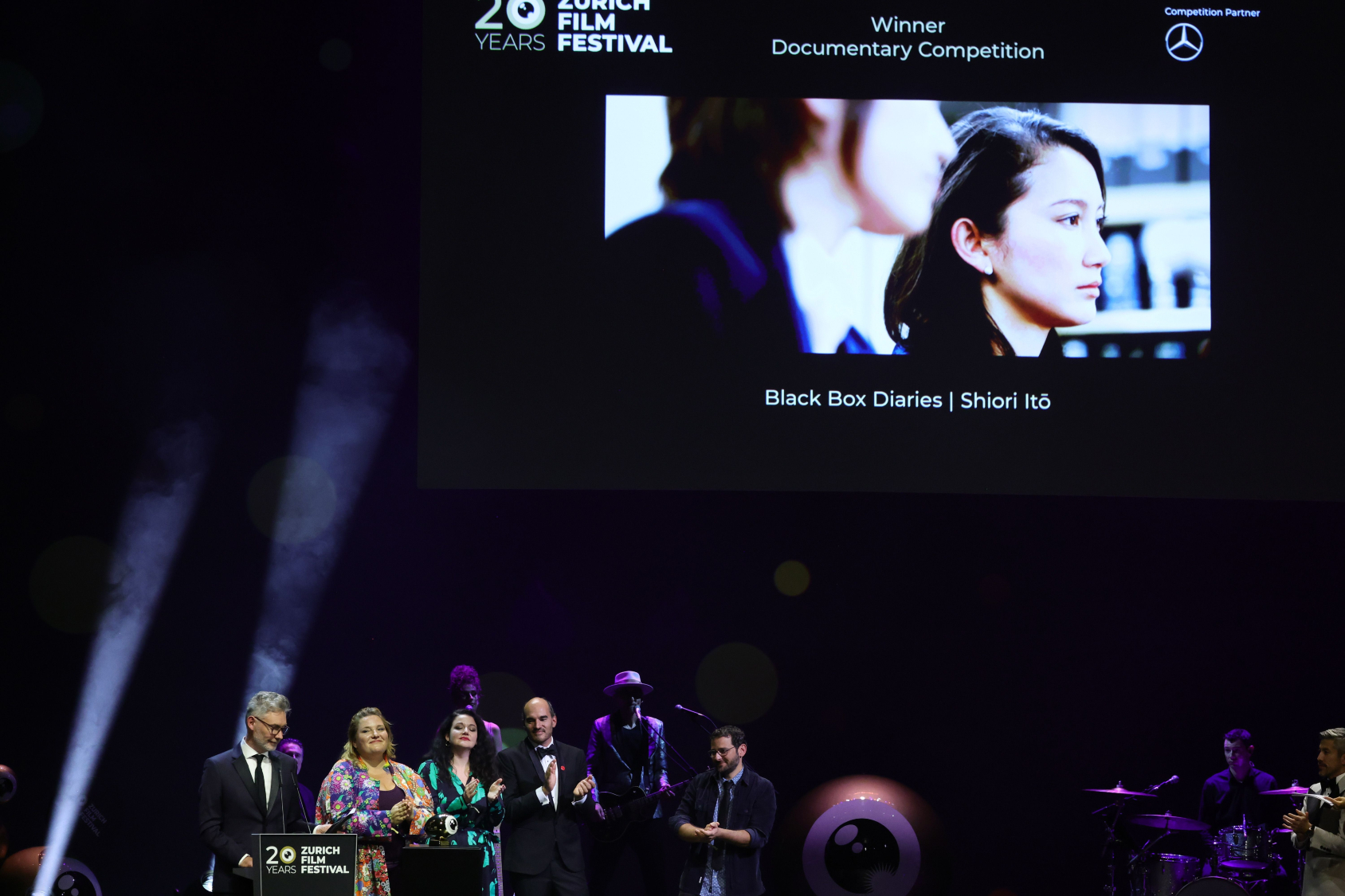 Why Japanese residents can't watch their country's Oscar-nominated #MeToo documentary
Why Japanese residents can't watch their country's Oscar-nominated #MeToo documentaryTHE EXPLAINER Shiori Ito became one of the faces of Japan's #MeToo movement